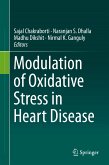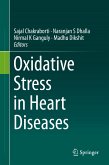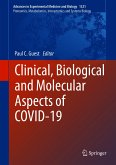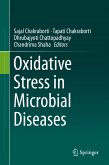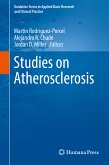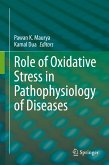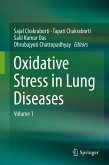The book dissects the role of oxidative stress in the pathogenesis of the leading causes of global morbidity and mortality, i.e.cardiovascular and metabolic diseases. The chapters discuss topics related to the role reactive oxygen species (ROS) play in hypertension, atherosclerosis,diabetes, obesity and related pathologies. The authors also shed light on gender differences in the onset and pathologies of some of these diseases. Moreover, how ROS and aging interplay to precipitate cardiovasculo-metabolic disease is discussed and highlighted. Preventive measures that can abrogate ROS-induced cardiovasclo-metabolic disease are discussed and clarified in the hope of reducing such a debilitating battery of diseases. A section dedicated to antioxidants as potential therapy is also included. Furthermore, given the complexity of the mechanisms implicated in ROS-modulated responses, it remains challenging to assert a conclusive argument and pre-determined regimen for incorporating antioxidants into conventional therapies. Nonetheless, results from some clinical trials appear promising, warranting the addition of a chapter dedicated to such human trials.
In all of the chapters, the molecular, cellular, genetic, and pharmacological mechanisms implicated are covered from an applied science perspective.
This is an ideal book for basic researchers in the biomedical field, graduate students in biological and biomedical fields, medical students, instructors in medical and graduate schools, and professionals working for pharmaceutical companies.
Dieser Download kann aus rechtlichen Gründen nur mit Rechnungsadresse in A, B, BG, CY, CZ, D, DK, EW, E, FIN, F, GR, HR, H, IRL, I, LT, L, LR, M, NL, PL, P, R, S, SLO, SK ausgeliefert werden.



